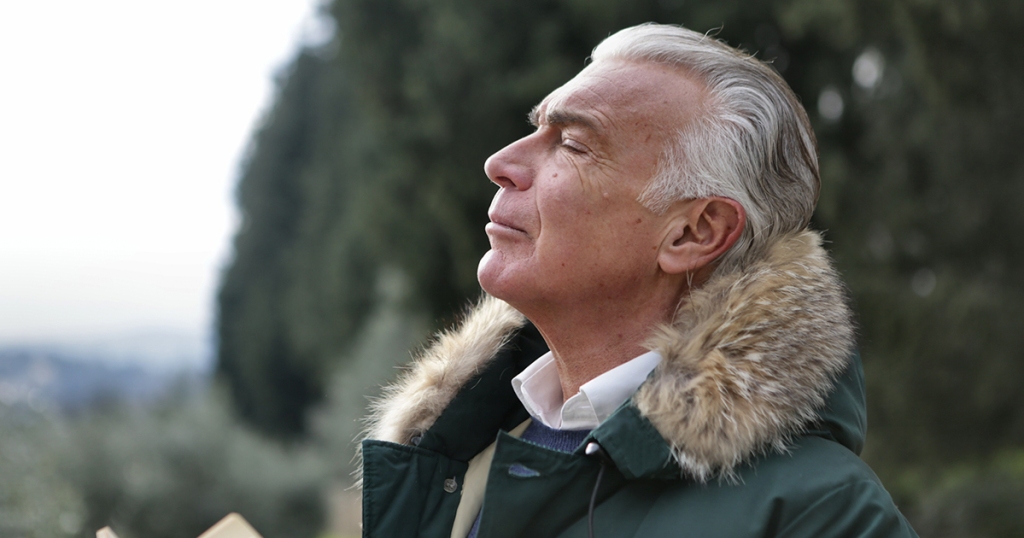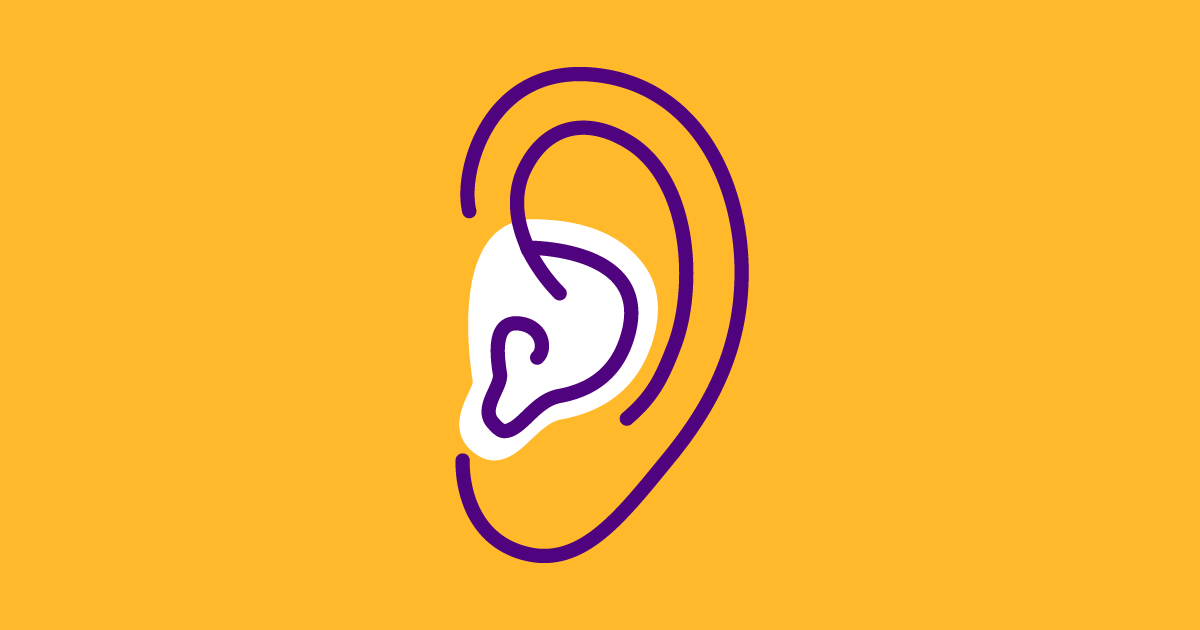The respiratory system is one of the only systems in the body that you can actively control. At the same time, you can choose not to think about your respiratory system and you will continue to automatically breathe. It is comforting to know that when you feel as though the world is spinning out of control, you can find some control by tuning in and controlling your breath.
You may be surprised to learn that the way you breathe affects your whole body. Without realizing it, many of us take short, shallow breaths throughout the day. Furthermore, in stress filled situations, our body resorts to shallow breathing as a defense mechanism, which is counterintuitive.
This type of breathing requires us to mainly use the muscles in our neck and shoulders to breathe, which actually increases tension and anxiety. Additionally, shallow breathing prohibits the lower lobes of the lungs to fully activate, limiting the entrance of rich oxygenated air which keeps the entire lung clean and lubricated.
Take a moment and pay attention to how you’re breathing
Are you breathing deeply?
A clear sign of deep breathing is the protrusion of the belly when you inhale. This is the diaphragm in action. Deep breathing, also referred to as diaphragmatic or belly breathing, will result in a number of positive health benefits.
One of the biggest benefits is overall stress reduction.
Stress is a normal part of life and is actually healthy for us in small doses. In fact, there are many types of positive stresses in our lives such as celebrating weddings, starting a new job or welcoming babies and grandchildren. Good and bad stress keeps us alert, motivated and ready for challenges.
The trouble comes when we experience continued negative stress without relief or relaxation between stressors. Stressors can range from minor annoyances such as traffic jams to more serious worries like the sickness of a loved one.
As stress continues to build in the body over time, it can start to impact your overall health. One example is high blood pressure, which is a major risk factor for heart disease. In addition, stress suppresses the immune system and can also lead to anxiety and depression.
Although we can’t avoid all sources of stress in our lives, we can develop healthy ways of responding to them. One way is to invoke what is referred to as the relaxation response. This response is opposite of the stress response and can be elicited in many ways.
Why deep breathing can help
As the basis for most mediation or relaxation techniques, deep breathing can produce this response by encouraging you to intentionally focus on taking slow deep breaths.
Deep breathing helps disengage your mind from distracting or negative thoughts, combating depression and anxiety that are a result of stress. It also slows your heart rate, which can reduce your blood pressure and lower stress levels.
Deep breathing is a simple yet powerful technique that can be performed virtually anywhere at any time. There are many apps and wearable technology pieces that can help remind you to prioritize deep breathing throughout your day.
Deep breathing techniques are most beneficial when done on a regular basis. It may be difficult at first to completely relax while practicing deep breathing. It’s common for the mind to take over with external thoughts, allowing distractions to impede your deep breathing exercises.
However, with time and practice, you will be able to overcome some of those distractions and enjoy all the benefits of deep breathing, like increased visual and mental clarity, physical energy and muscle relaxation.
Are you ready to get started with deep breathing?
As you get more familiar with deep breathing, explore all of the different ways you can practice and find an option that produces the best response for your body. Create a routine by aiming to practice at least twice a day at the same time to start reaping all of the benefits deep breathing can have on your physical, emotional and psychological health.
Social Share
At Enhabit our patients are our number one priority. From providing the latest medical practices to building deep personal connections, we’re focused on upholding every patient’s dignity, humanity and sense of control on their health care journey.
Home health
Our home health services give patients access to the care they deserve in the comfort of their own homes. From disease and injury management to recovery from surgery, our clinicians help patients confidently achieve their healthcare goals.
Hospice care
Our hospice care services place importance on the comfort of every patient living with a terminal illness. Our caring professionals are dedicated to providing not just physical care, but spiritual and emotional support to every patient and their loved ones.






